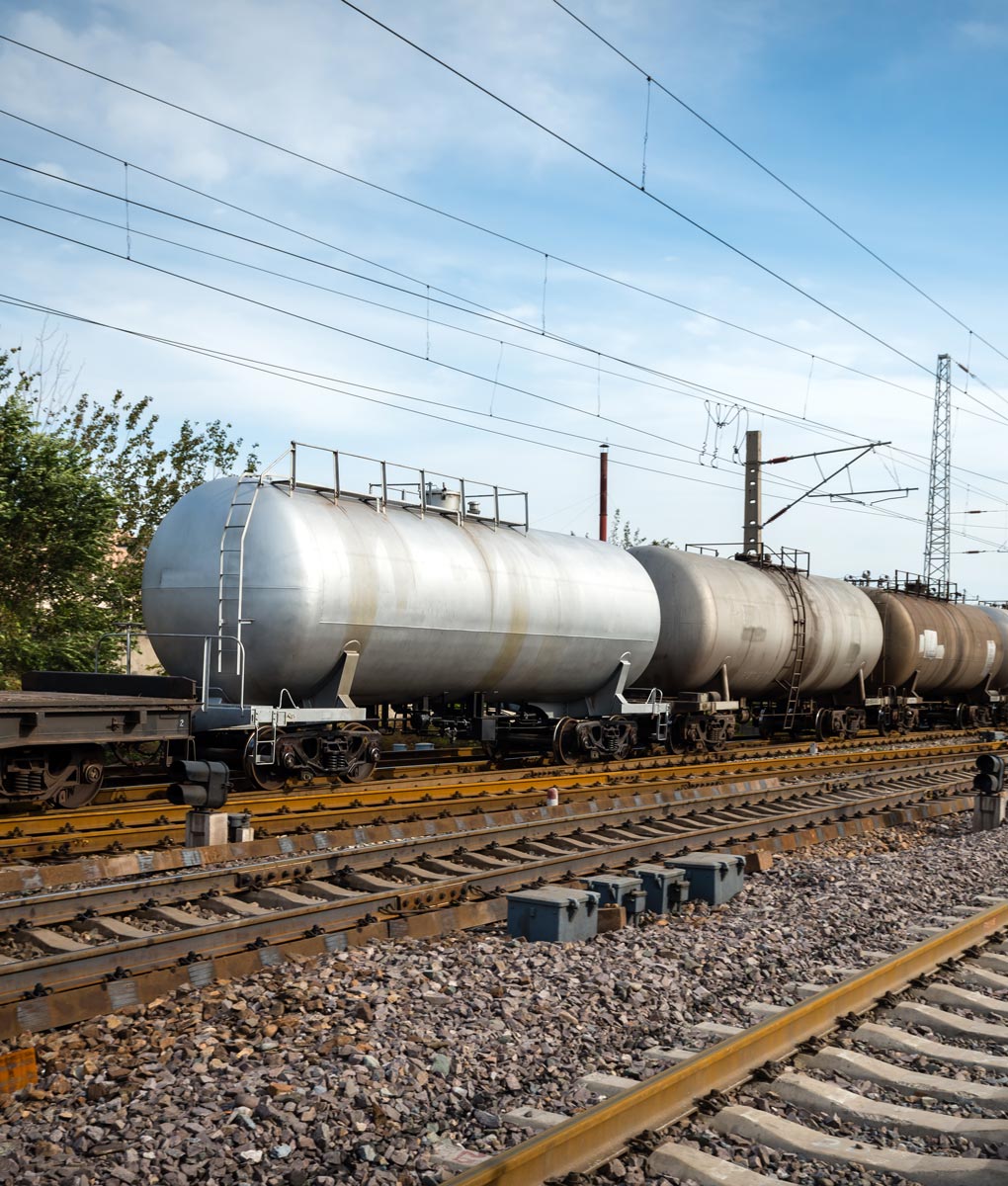Diesel traction
While a large part of Europe’s railway lines is electrified, a significant portion still relies on diesel traction to operate. The European rail industry is working to make rail diesel cleaner.
In Europe, 56.1% of railway lines are electrified and 81.6% of traffic is conducted using electric traction. However, diesel traction continues to play an important role in European rail transport. For instance, this is the case in member states where electrification is below the European average or for shunting operations and passenger and freight transport on non-electrified secondary and feeder lines where traffic would be impossible without diesel traction.
- Electrified railway lines 50%
- Traffic using electric traction 80%

Diesel traction is a complex niche market. Progress on the on-engine technology depends to a large degree on the development of new engines by their manufacturers and, as a large fleet of diesel locomotives exists, the big operators seem reluctant to invest in newer and cleaner models.
Despite this difficult environment, the rail industry is committed to making rail diesel cleaner. The CleanER-D project brought together several rail manufacturers, such as Alstom, Bombardier, Siemens, and Vossloh, with other rail sector partners like DB and SNCF, to reduce diesel’s pollutant emissions.
In relation to diesel traction, UNIFE closely follows the Non-Road Mobile Machinery Regulation. The latest version, REGULATION (EU) 2016/1628, introduced the Stage V emissions limits and new requirements for in-service monitoring. Supplementary delegated acts were released and outlined how to perform such in-service monitoring the results of which will be collected by the European Commission and assessed in consideration for future legislation. UNIFE is following the developments regarding this portfolio, however the European rail industry expects no new stage limits to be set for rail vehicles in the coming years.
 Technical Affairs
Technical Affairs